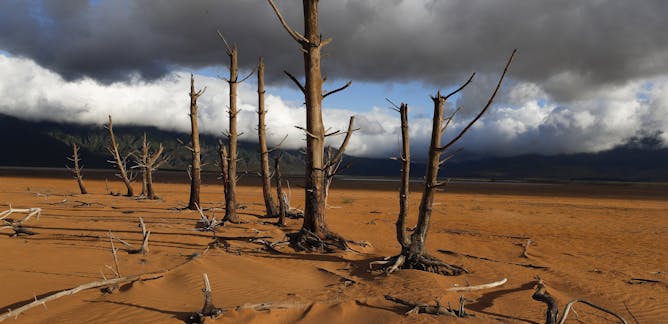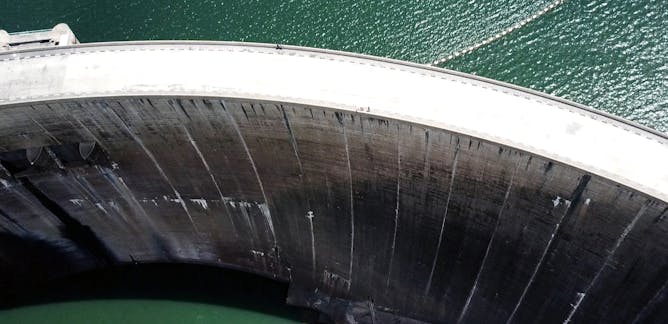|
Iran is celebrating 40 years since the 1979 revolution that saw the Shah overthrown and the establishment of the Islamic Republic of Iran. But the new political system has caused divisions and internal tensions have pushed people onto the streets calling for change. Though that change may come from the opposition, most of whom are in exile, Naser Ghobadzadeh writes the people inside Iran may be ready for it too.
Data has become ubiquitous. It’s everywhere, driving all sorts of daily decisions and activities. But for data to be useful, it has to be properly collected, analysed and understood by experts. Riaan de Jongh explains what it takes to train data scientists to do this important work.
|

The last four decades in Iran have been marked by internal tension due to its political system, which combines theocratic and republican elements.
from shutterstock.com
Naser Ghobadzadeh, Australian Catholic University
Reformers have tried to modernise Iran for decades but have failed mainly due to the country's powerful theocracy. And then there are those who want to overthrow the regime altogether.
|

Having data at your fingertips isn’t enough - data scientists must know how to apply it.
Gorodenkoff/Shutterstock
Riaan de Jongh, North-West University
Data science is going to grow over the coming decades and requires trained graduates who can handle the work.
|
Energy + Environment
|

Mark O. Cuthbert, Cardiff University; Kevin M. Befus, University of Wyoming; Tom Gleeson, University of Victoria
The effects of climate change above ground are well known, but what's happening to underground aquifers which supply most of the world's fresh water?
| |

Kale Sniderman, University of Melbourne; Andrew King, University of Melbourne; Jon Woodhead; Josephine Brown, Australian Bureau of Meteorology
Australia's subtropical regions are drying, but if we can slow the global temperature rise then rainfall should increase again.
|

Matthew McCartney, CGIAR System Organization; Fritz Kleinschroth, Swiss Federal Institute of Technology Zurich
There are benefits and downsides to damming rivers.
| |

Bill Laurance, James Cook University
The natural world depends on insects to function, but they may be the next casualty of climate change.
|
|
|